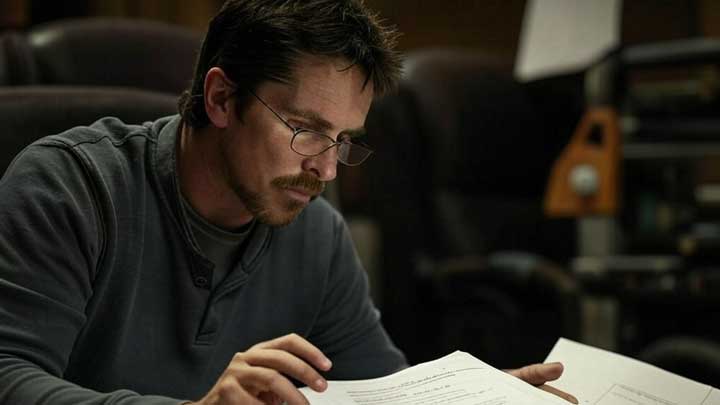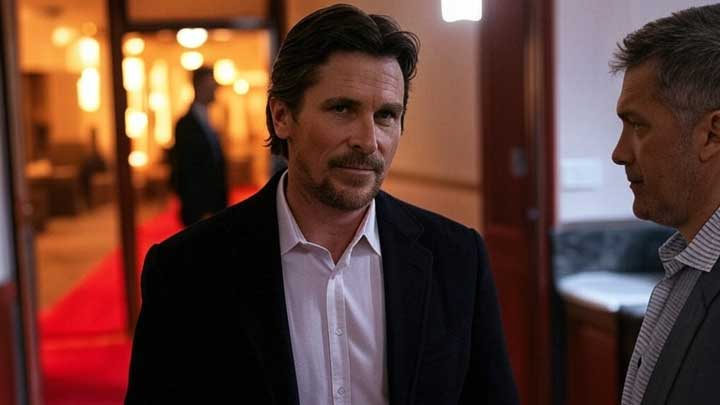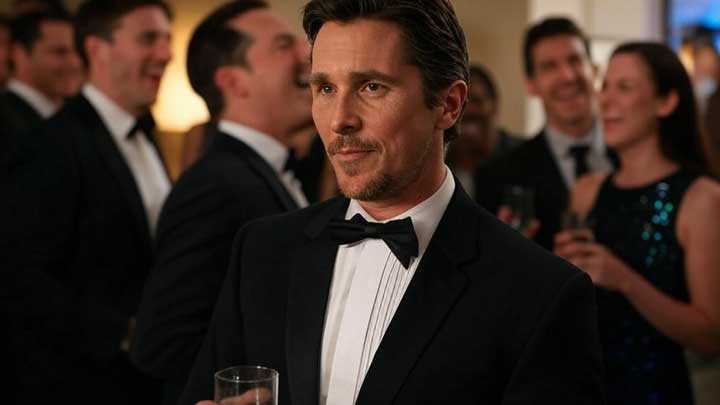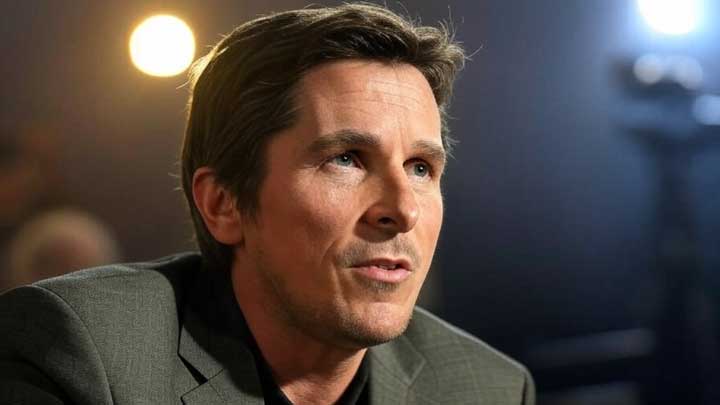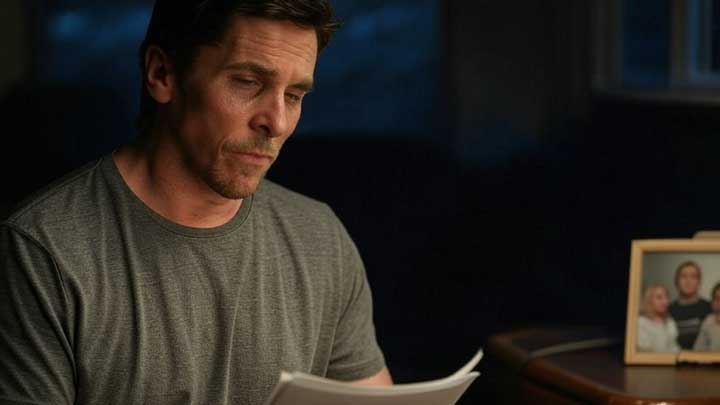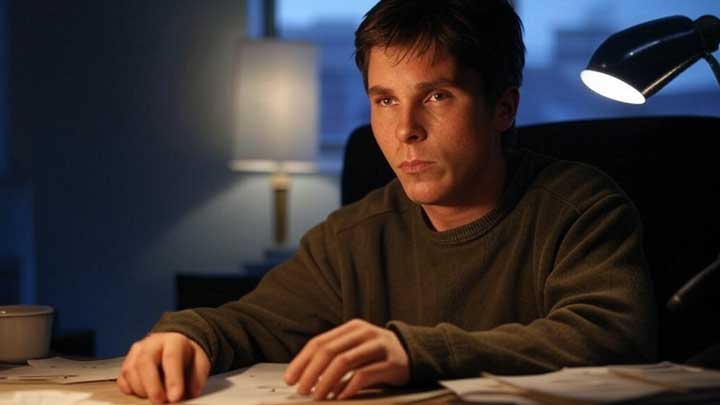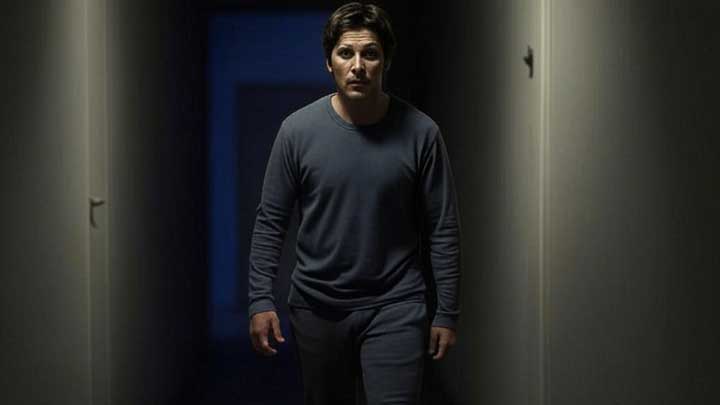
Christian Bale: Discipline, Duality, and Devotion to Craft
Christian Bale is one of the most enigmatic and transformative actors of our time. The personality report of Christian Bale unveils a man of extremes—hailed for his intense dedication to roles and revered for his ability to disappear entirely into his characters. Bale’s methodical approach, coupled with his remarkable range, has earned him an Oscar and a place among Hollywood’s elite. Yet off-screen, he remains fiercely private, grounded, and at times, emotionally volatile. His performances suggest a man deeply connected to emotion, yet his interviews reveal calculated introspection and artistic discipline.
From emaciating himself for *The Machinist* to bulking up for *Batman Begins*, Bale’s transformations are not just physical—they are psychological. He immerses himself in the psyches of his characters, often blurring the lines between performance and reality. His process has at times been the subject of admiration and controversy, especially when coupled with accounts of intense mood swings or isolated preparation. He is not a celebrity built for gossip columns—he is an artist with a mission, and that mission is authenticity.



